Category: Product launches and PR
-
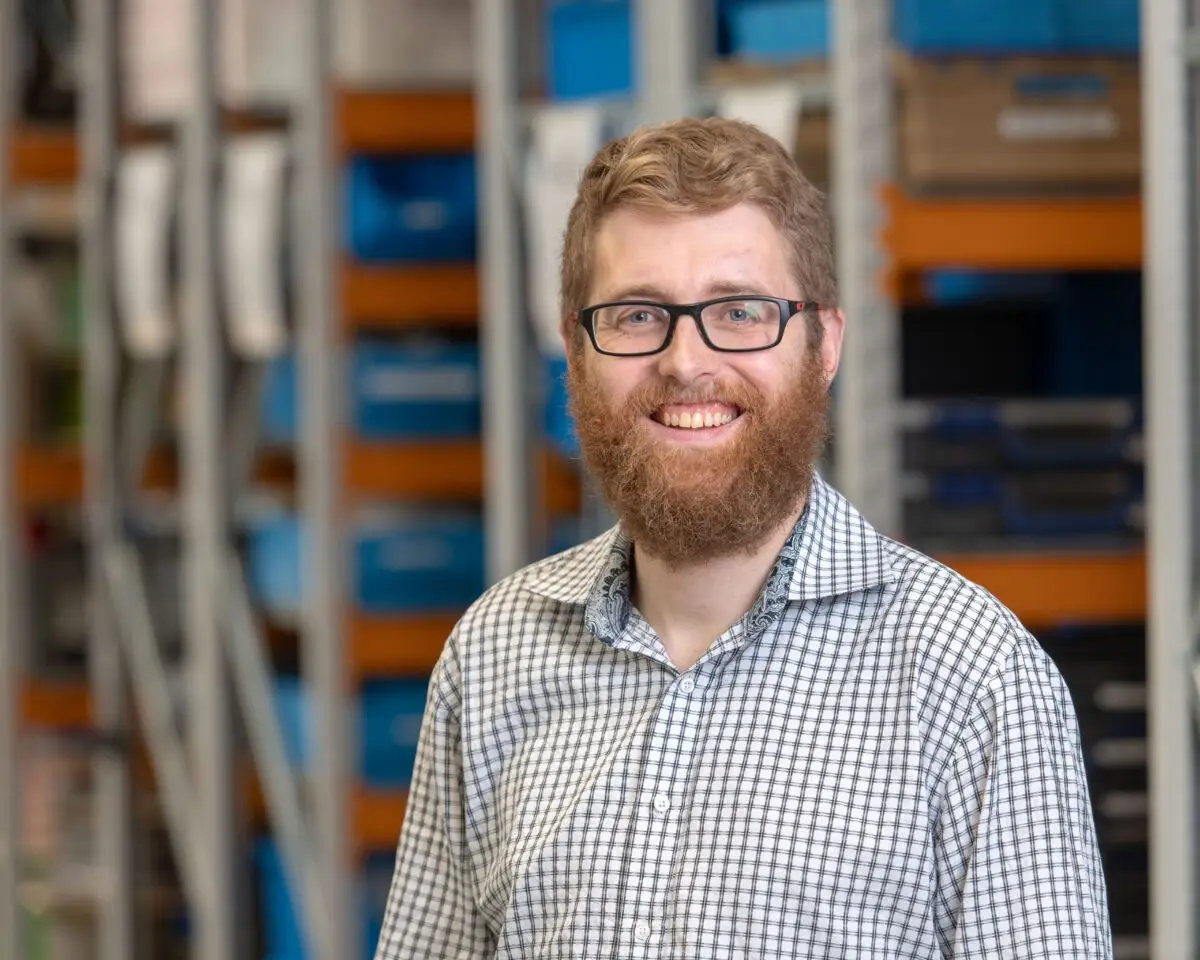
New swarm testing accelerates ADAS and autonomous vehicle development
Leading automotive test system supplier AB Dynamics has showcased its unique capability to replicate simulated swarm tests quickly and accurately in the real world and vice-versa.
-
-1200x712.webp)
MAHLE negates COVID restrictions to OEM test programmes
Engineering services specialist MAHLE Powertrain has helped a major vehicle manufacturer to overcome testing challenges posed by travel restrictions during the Covid crisis.
-

British motorists suffer Billion-pound lockdown loss
Wagonex, one of the country’s biggest and fastest-growing vehicle subscription services, believes the nation is on the verge of a car-buying revolution after traditional forms of ownership cost unwitting Brits nearly a billion pounds over lockdown.
-
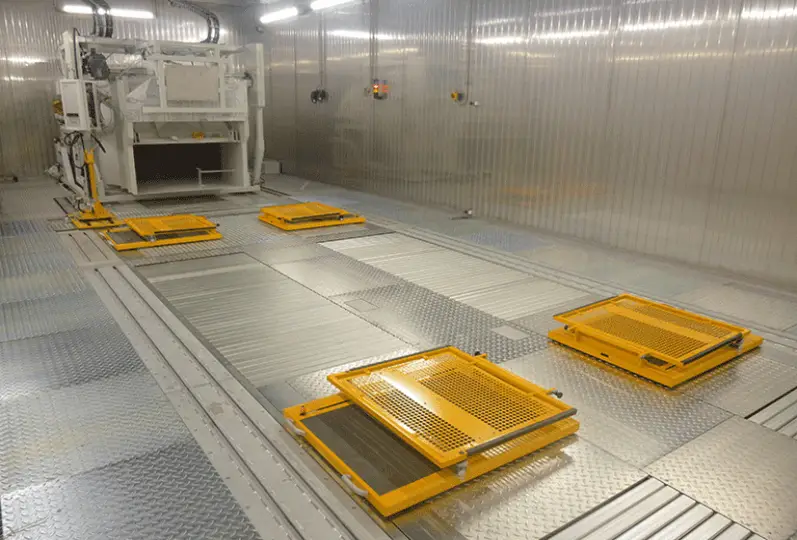
MAHLE Powertrain success drives new test chamber
MAHLE Powertrain has unveiled plans to invest in a second test chamber at its Real Driving Emissions (RDE) Centre in Northampton UK.
-
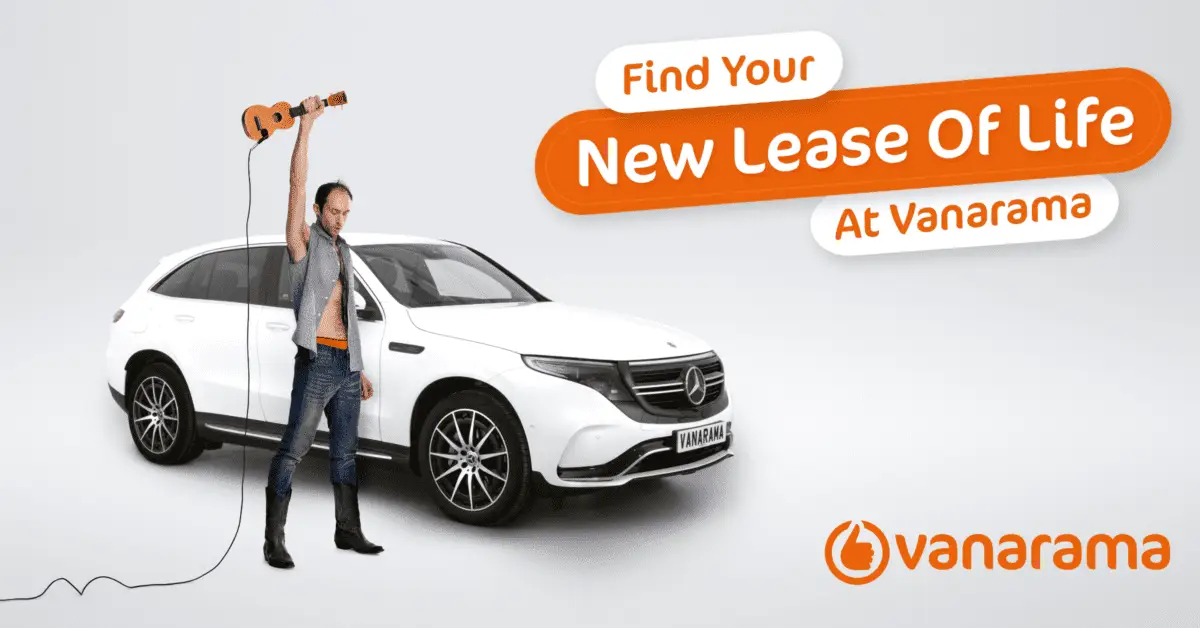
Vanarama promises a new lease of life with major new ad campaign
Online leasing specialist Vanarama is kicking off the next phase of its ambitious growth strategy with the launch of a major multi-million-pound ad campaign this weekend.
-
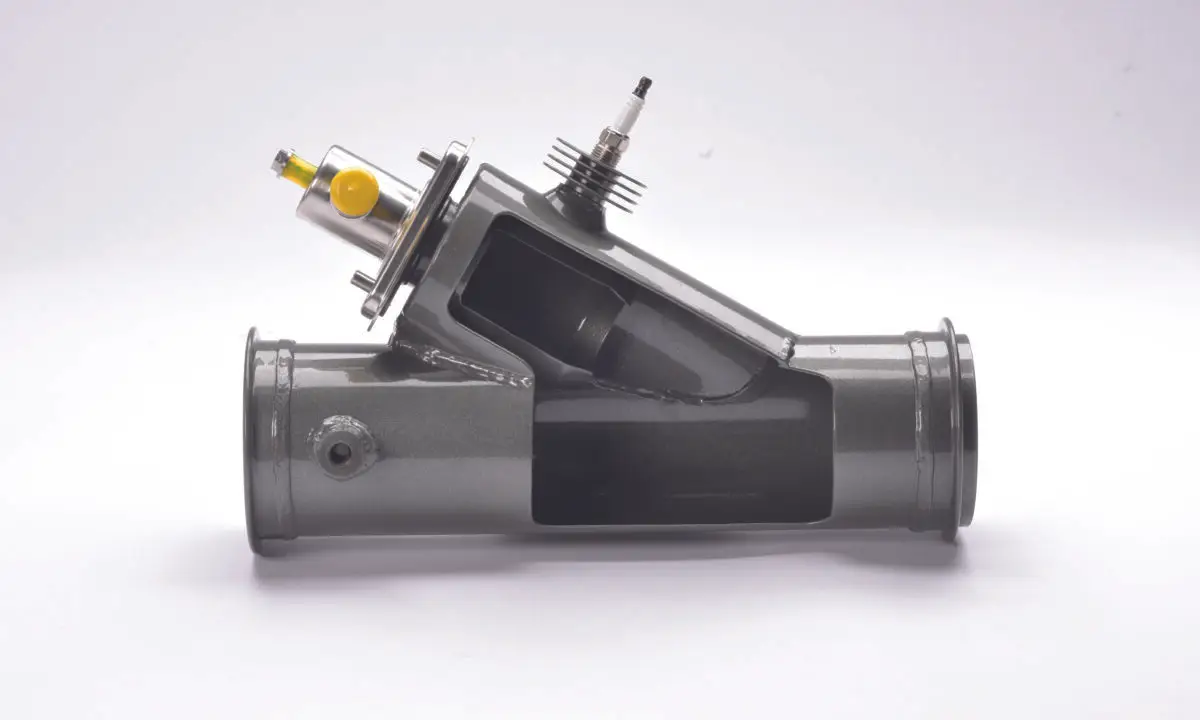
Eaton and Tenneco to help CVs hit emissions targets
Power management company Eaton and Tenneco have announced a joint development agreement to produce an integrated exhaust thermal management system that will enable commercial truck and light vehicle manufacturers to meet upcoming emissions regulations.
-
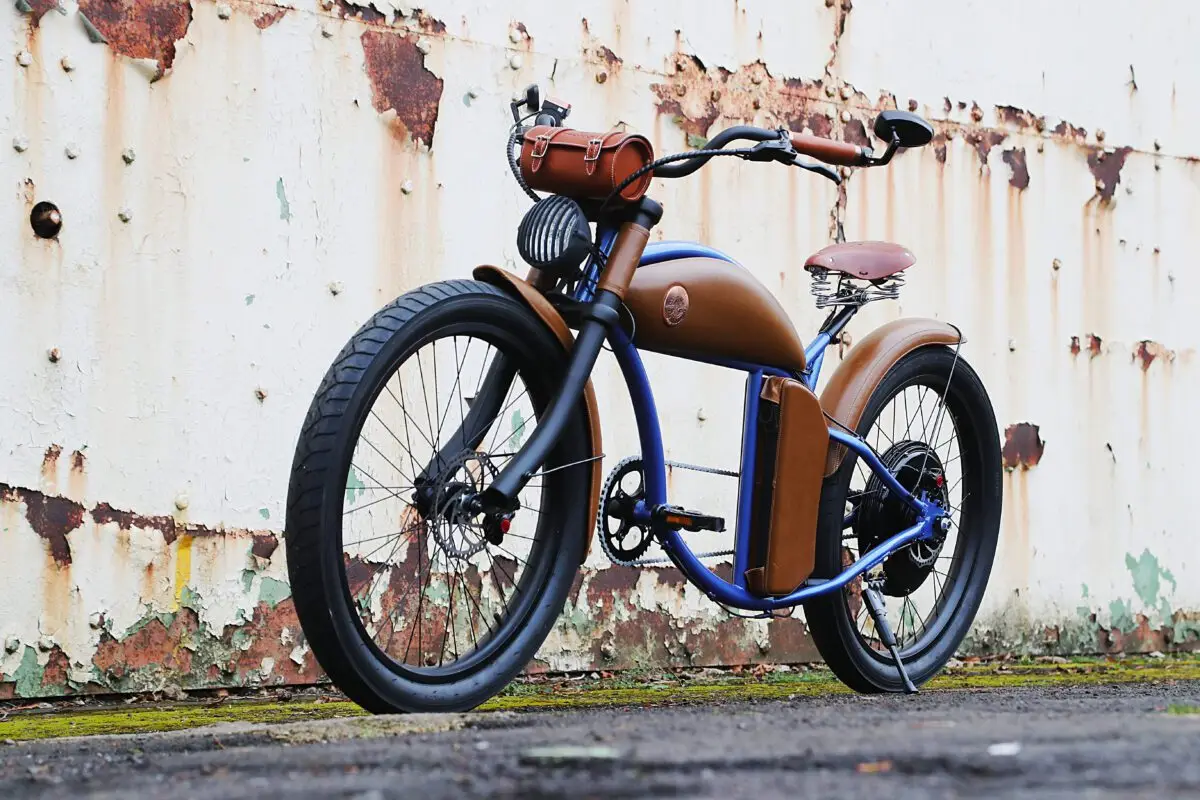
Rayvolt UK delivers the ultimate in bespoke e-Bikes
Rayvolt UK is now catering for discerning owners looking to customise their electric rides with its exclusive e-Bike bespoking service.
-
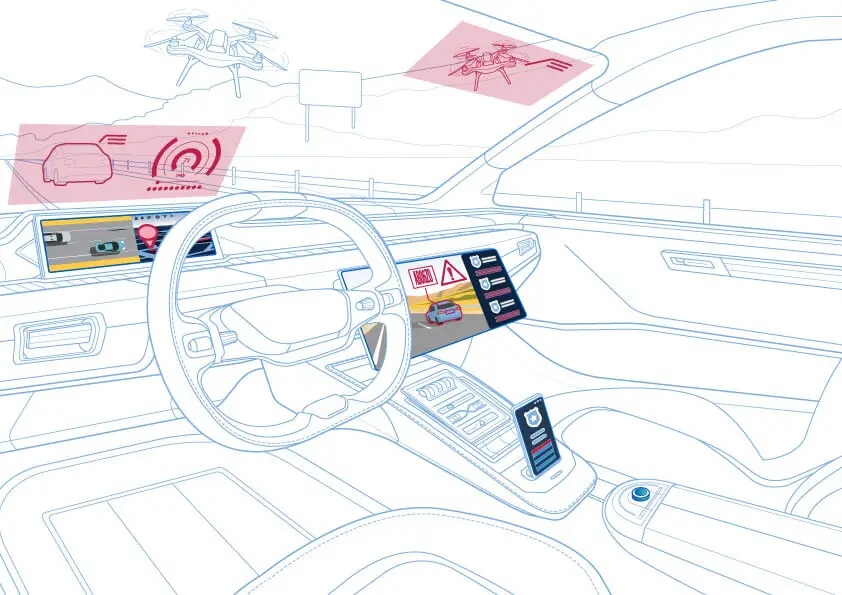
Mobile phone technology to revolutionise police vehicles
Police and first responder vehicles are set to undergo a technology revolution, that will include augmented reality, mobile surveillance and remote device control according VNC Automotive.
-
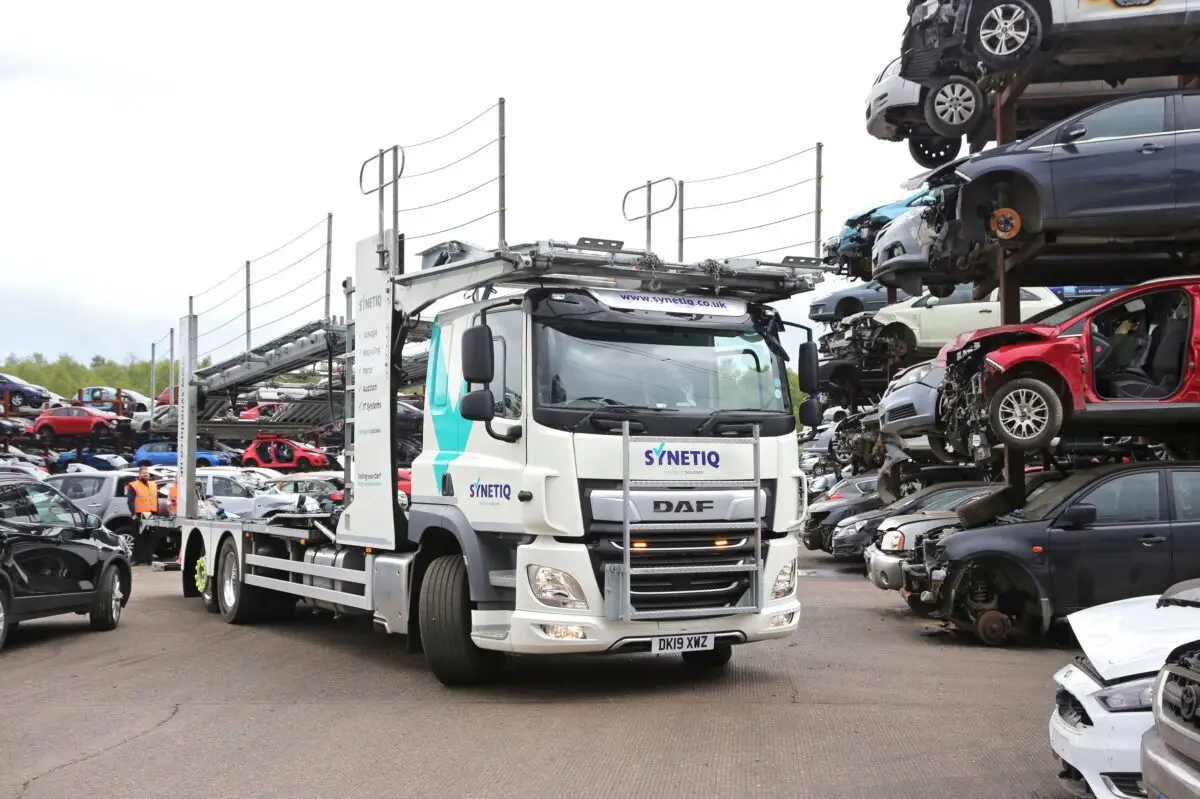
SYNETIQ renews partnership with Covéa Insurance for salvage and green parts
SYNETIQ is delighted to announce it has renewed its multi-year agreement with Covéa Insurance, to continue providing salvage management and green parts supply across the UK.
-

Tesco Grocery Home Shopping slashes vehicle emissions with Lightfoot
Tesco Grocery Home Shopping, the home delivery service from Britain’s leading supermarket, will cut its CO2 emissions by more than 7,000 metric tonnes in just one year thanks to the introduction of Lightfoot technology, across its fleet of delivery vehicles.
